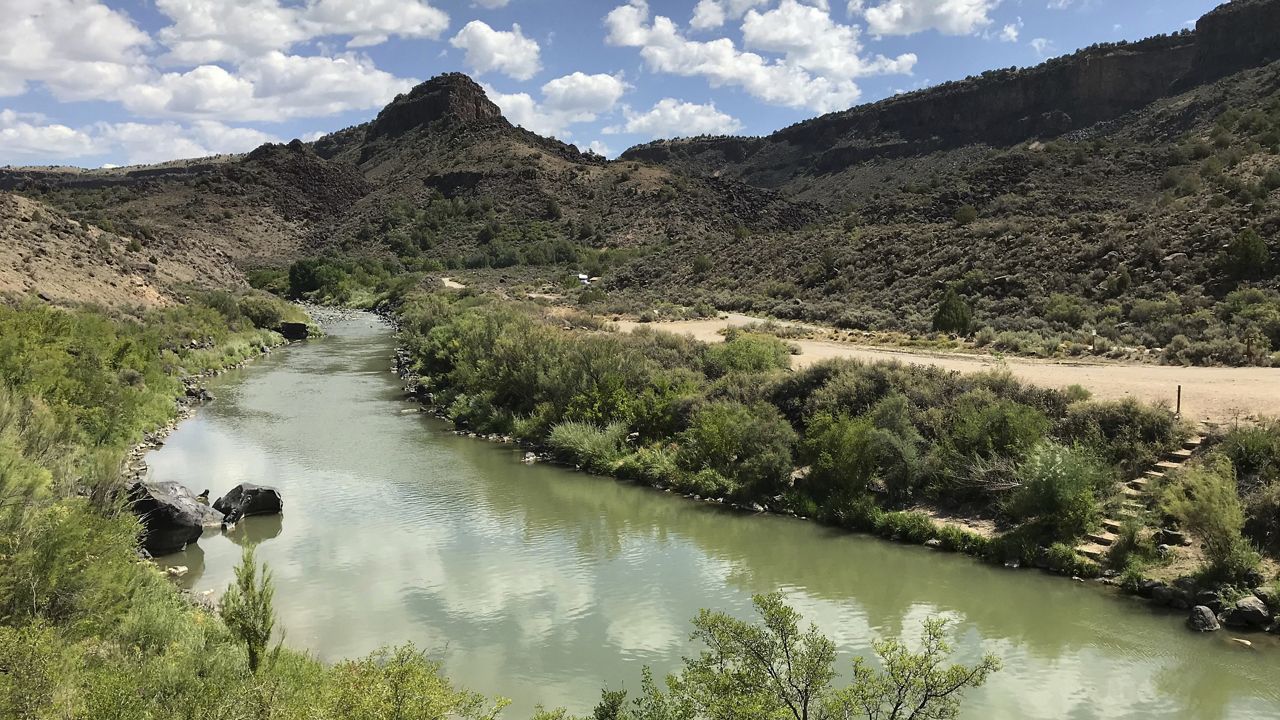The U.S. Senate on Thursday passed a clean water infrastructure bill in widely bipartisan fashion, which would authorize billions of dollars to update water systems nationwide and replacing some lead pipes.
The Drinking Water and Wastewater Infrastructure Act of 2021 passed 89-2 in the evenly divided Senate, with only Sens. Mike Lee of Utah and Ted Cruz of Texas voting against the measure.
The measure will provide $35 billion to allow states to repair their wastewater and drinking water systems, as well as allocate funds for Native American reservations to make repairs to their water infrastructure systems. The bill amends the 1970s era Safe Drinking Water Act and the Federal Water Pollution Control Act.
“Access to clean water is a human right and every American deserves access to clean water no matter the color of their skin or size of their income,” Sen. Tammy Duckworth, D-Ill., who introduced the bill, said.
The Senate approved multiple amendments to the measure — including one from Sen. Jeanne Shaheen, D-N.H., which expands eligibility for a state grants program on water contaminants, and another from Sen. John Kennedy, R-La., which would require an annual EPA study on the prevalence boil water advisories — while rejecting amendments from Sen. Lee and from Florida’s Republican Sens. Rick Scott and Marco Rubio.
Lee’s amendment would have limited the authority on reserving water rights when designating a national monument, while the Scott-Rubio amendment involved federal pollution control allotments to individual states. Lee’s amendment was defeated 41-54, while the Florida lawmakers’ was shot down in a 14-81 vote.
The measure also includes an amendment introduced by Sen. Jon Ossoff, D-Ga., which secures $300 million in funding to remove lead drinking water pipes from schools and buildings.
“Every child, in Georgia and nationwide, deserves clean, healthy drinking water,” Ossoff said.
Opponents, including Sen. Lee, worry that the bill will give the federal government too much control over water systems.
"A reservation of water could reduce or eliminate drinking water for communities across the west," Lee said. "It could eliminate irrigation water for almonds or grapes in California ... The perils are endless."
But the passage of the bill was celebrated by both Democrats and Republicans alike.
“WE DID IT,” the Twitter account for the Republicans on the Senate Committee on Environment & Public Works.” See? We CAN do infrastructure together. Let’s continue with this momentum and finish our work on core infrastructure next!”
The bill now heads to the House for a vote before it can go to President Joe Biden’s desk for his signature.
President Biden signaled support for the measure earlier this week, writing in a statement that the bill “aligns with the Administration’s goals to upgrade and modernize aging infrastructure, improve the health of children and small and disadvantaged communities, develop new technologies, and help address cybersecurity threats and mitigate dangers from climate change.”



